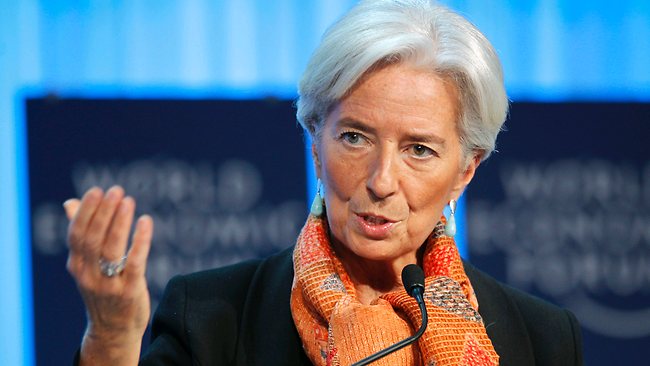
A TAX policy mission from the International Monetary Fund (IMF) is set to visit Zimbabwe by July to help the country improve the efficiency of tax administration.
BY NDAMU SANDU
The visit comes at a time Zimbabwe has been struggling to contain its public sector wage bill which accounts for over 70% of the Budget, thereby crowding out financing of sectors such as social services and infrastructure.
In a staff report for the 2016 Article IV consultation and the third review of the Staff Monitored Programme, IMF said the tax policy mission was expected in the first half of 2016.
IMF said Zimbabwe’s tax collection as a share of gross domestic product was high by Sub-Saharan Africa standard, adding that “efforts should focus on improving the efficiency of tax administration, rather than increasing tax pressure”.
“Non-wage expenditures have suffered from years of compression and could lead to widening gaps in infrastructure and social development, if not addressed,” IMF said, adding that there was not much scope for a significant rise on tax collections without an adverse impact on economic activity.
“The authorities’ planned review of the design of the tax system should focus on broadening the tax base, particularly of the VAT [valued added tax], with a view to shifting the burden of taxation from income toward indirect taxes,” IMF said.
- Chamisa under fire over US$120K donation
- Mavhunga puts DeMbare into Chibuku quarterfinals
- Pension funds bet on Cabora Bassa oilfields
- Councils defy govt fire tender directive
Keep Reading
“Improvements in tax administration should aim at simplifying procedures and addressing areas where collection efficiency can be improved. Non-tax revenues have remained below potential.”
It said Zimbabwe’s public sector wage bill was among the highest in the region accounting for a disproportionately large share of the budget and the growth in employment costs reflected large wage increases and expansion of the civil service “Staff’s baseline medium-term projections are predicated on a slight increase of spending in proportion of GDP, accompanied by a marked redistribution of spending from wages to capital and high-priority current outlays,” IMF said.
In a letter of intent to IMF managing director Christine Lagarde pictured, Zimbabwe said it would lower its wage bill and that of grant-aided institutions to 50% of total expenditure by 2019. It said an audit of the uniformed forces, judicial and Health Service Board would be carried out this year as part of cost cutting measures.
The global lender said Zimbabwe cannot use fiscal policy to deal with adverse shocks or its social and development needs as it lacked the necessary resources after spending too much money on wage outlays.
It implored Zimbabwe to ensure the budget targets a broadly balanced fiscal position, while reprioritising spending toward social and development outlays.
“This stance will help restore fiscal sustainability and increase the capacity to repay the country’s external debt. The objective is to unlock foreign financing that could allow the government to run small-to-moderate deficits in response to adverse shocks and raise the spending levels for social and infrastructure needs,” IMF said.












